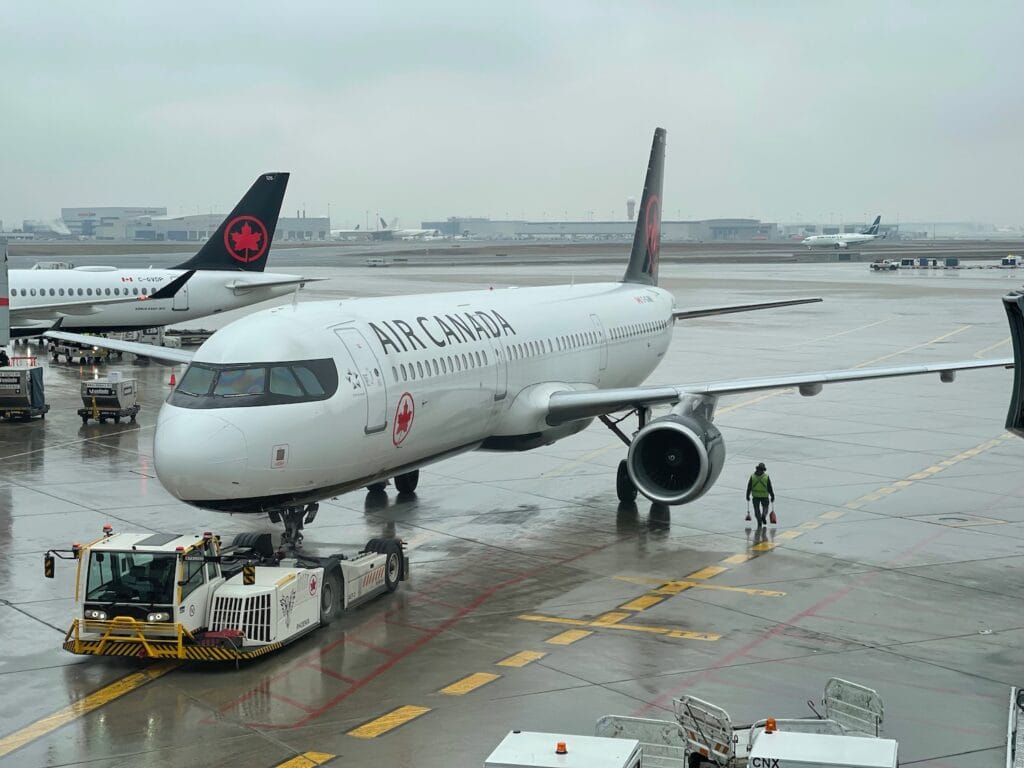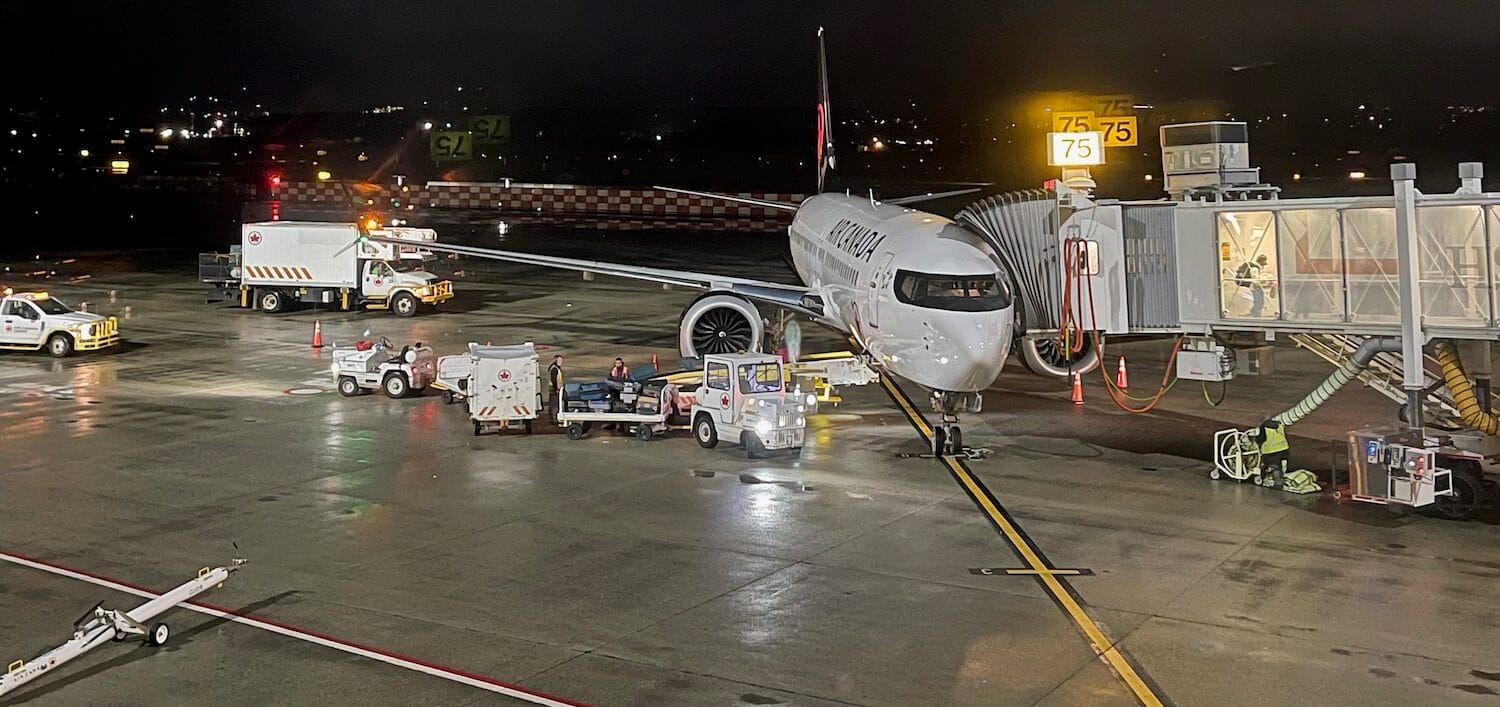Upwards of 10,000 Air Canada flight attendants could go on strike as soon as August 19. Flight attendants, represented by CUPE’s Airline Component (AC), voted 99.7% in favour of job action with 94% voter turnout.
According to a CUPE press release, the high voter turnout and strong strike mandate are prompted by “unpaid work and poverty wages.”
Per CUPE AC: “The vote reflects the deep frustration of flight attendants after months of negotiations without result, due to the airline’s refusal to fairly negotiate on key issues like unpaid work, work rules, and poverty-level wages.”
According to CUPE AC’s bargaining briefing notes, the average full-time entry-level flight attendant makes $27,000 annually—less than the federal minimum wage, $36,000 per year.

In the media release, CUPE AC elaborates on the issues with pay, “Since 2000, inflation has increased 169% and average full-time wages have increased 210% in Canada. But entry-level Air Canada flight attendants’ wages have increased only 10%—just $3 per hour—in the past 25 years.”
In addition to low wages, flight attendants are expected to perform hours of unpaid labour, including pre-flight checks, boarding and deplaning procedures, assisting passengers with special needs, and preparing the cabin. It is estimated that on average, flight attendants perform 35 hours per week of unpaid labour.
“While the airline continues to slap junk fees on flyers and gouge the public, they’re also exploiting their own employees by severely underpaying flight attendants or refusing to pay them at all for safety-critical aspects of our jobs,” says Wesley Lesosky, CUPE AC president.
The flight attendants’ previous 10-year collective agreement expired in March of this year. In September of last year, Air Canada managed to avoid a strike by pilots, represented by the Air Line Pilots Association (ALPA), after signing a new four-year agreement.


Be part of the conversation!
Only subscribers can comment. Subscribe to The North Star to join the conversation under our articles with our journalists and fellow community members. If you’re already subscribed, log in.